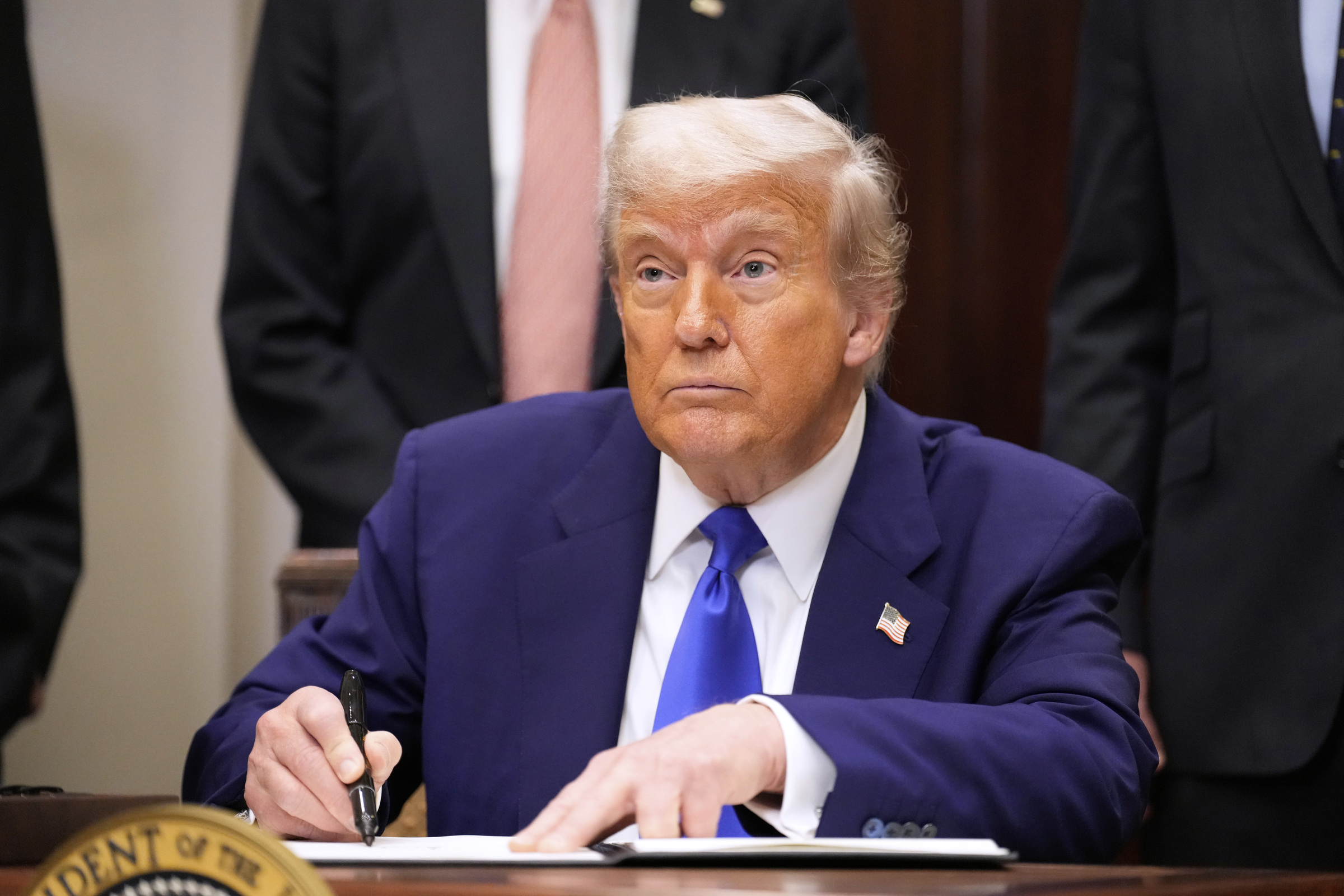While love letters have evolved from handwritten notes to online messages, a form of epistolary tradition persists in the political world, recently employed by former US President Donald Trump.
On 7/7/2025, Trump sent letters to 14 countries, announcing retaliatory tariffs ranging from 25% to 40%, calling it a "final warning". He extended the deadline from 9/7 to 1/8, a date he declared "non-negotiable".
Beyond the tariff figures and deadlines, the letters shared similar content, with emotionally charged phrases like, "You will never be disappointed with America," and threats like, "These tariffs may be adjusted depending on the evolution of our bilateral relationship,".
Trump shared the letters on social media before officially sending them. According to AP, these letters, reflecting unilateral US tariff decisions rather than negotiated agreements, suggest that closed-door talks failed to meet expectations on both sides.
William Reinsch, a former US Department of Commerce official and current senior trade advisor at the Center for Strategic and International Studies, believes the letters and the extended deadline stem from some countries' unwillingness to compromise during the 90-day negotiation period. "They didn't give Trump what he wanted, so he issued another threat," Reinsch stated.
 |
US President Donald Trump at the White House on 12/5. *AP Photo* |
Instead of traditional, discreet methods, Trump chose to send letters to individual leaders and publicize them online, deeming it a "better" and simpler approach than negotiations.
"It's a more powerful way. We send them a letter. You read the letter. I think it was well-written. And there's mainly just a small number in there: you're going to pay 25%, 35%. We have some rates at 60, 70%," he explained.
Stephen Miran, chairman of the White House Council of Economic Advisers, hoped these tariff letters would pressure countries into concessions acceptable to Trump, leading to agreements within the week.
However, some experts were less optimistic. With the tariffs set to take effect in three weeks, AP suggested this tight timeframe would make reaching an agreement challenging, if not impossible.
Josh Lipsky, director of the Atlantic Council's GeoEconomics Center, doubted three weeks provided sufficient time for substantial negotiations. "I think this is a signal that Trump is actually serious about most of these tariffs, and not just using them as a negotiating tactic," he commented.
According to Reuters, recipient countries experienced a mix of hope and apprehension. Facing a 25% tariff, Japanese Prime Minister Shigeru Ishiba remained optimistic, stating his government would continue negotiations for a "mutually beneficial agreement that protects national interests". Japan, initially considered a likely candidate for an early agreement, faced obstacles due to its desire for a 25% automobile tariff exemption without increasing rice purchases, as requested by the US.
In South Korea, where President Lee Jae Myung had been in office for less than a month, the government pledged to intensify negotiations for a "mutually beneficial outcome". However, analysts cautioned that Lee was unlikely to be coerced or allow South Korea to be placed at a disadvantage.
India seemed close to an agreement, and US-EU talks showed recent progress. Sources close to the EU-US negotiations indicated a potential agreement could include exemptions for sectors like aircraft and components, medical equipment, and spirits. The EU also sought lower tariffs than the current 25% for some automobile exports to the US.
Despite some progress in trade talks the previous weekend, Trump stated at a Tuesday (8/7) cabinet meeting his intention to send the EU a letter announcing tariffs effective 1/8. "We'll probably be sending them a letter in two days. I just want to let you know, a letter means an agreement," he said.
The outlook was less clear for smaller partners like South Africa, Thailand, and Malaysia, facing tariffs of 30%, 36%, and 25%, respectively. South African President Cyril Ramaphosa objected to Trump's 30% tariff, deeming it disproportionate to South Africa's average 7.6% tariff. However, he urged negotiators to expedite discussions with the US based on a framework proposal South Africa submitted on 20/5.
On 8/7, Trump announced at least seven more countries would receive tariff letters on the morning of 9/7, with "several others" receiving them that afternoon. Commerce Secretary Howard Lutnick told CNBC he expected 15 to 20 letters to be sent by 10/7.
Phien An (*Reuters, AP, CNBC*)












